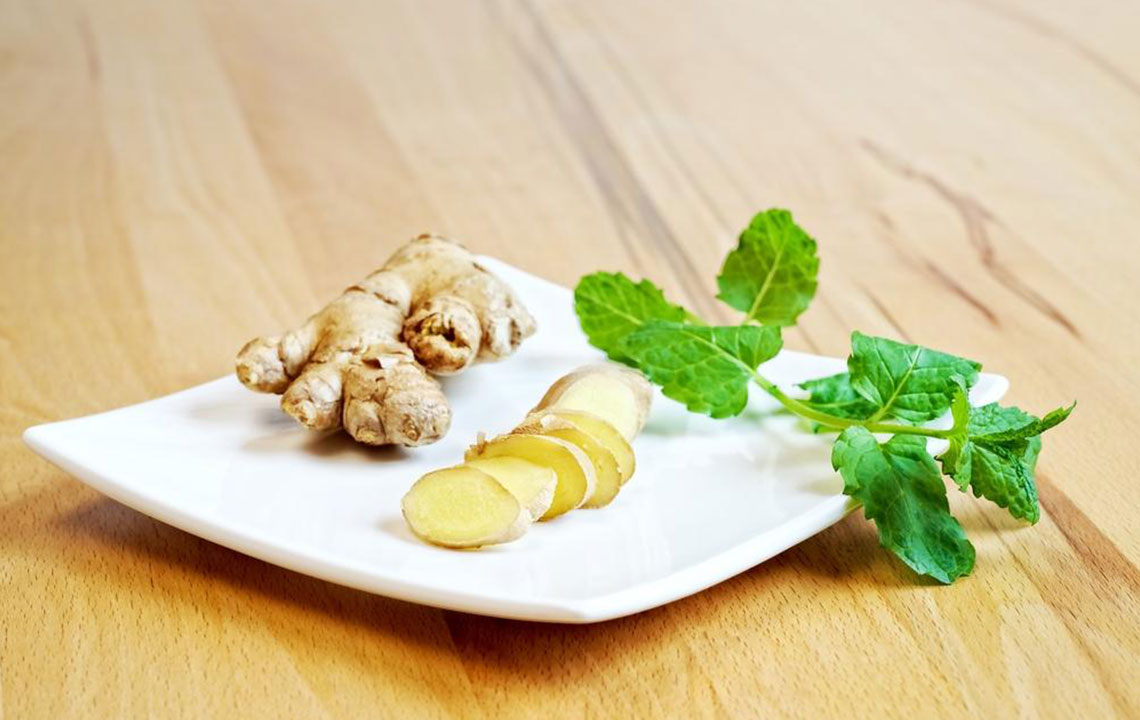Comprehensive Home Remedies and Lifestyle Tips for Chronic Constipation Relief
Discover effective home strategies to manage chronic constipation, including dietary fiber intake, hydration, exercise, and routine adjustments. Learn how lifestyle changes can improve bowel health and when to seek medical advice for persistent issues. This comprehensive guide offers practical solutions to enhance digestive well-being naturally.

Comprehensive Home Remedies and Lifestyle Tips for Chronic Constipation Relief
Chronic constipation is a common digestive issue that affects many individuals worldwide, leading to discomfort, abdominal pain, and irregular bowel habits. It is primarily caused by the excessive absorption of water in the intestines, which results in dry, hard, and difficult-to-pass stools. Recognizing the importance of managing this condition through effective home strategies is essential for maintaining overall digestive health and improving quality of life.
Typically characterized by fewer than three bowel movements per week, constipation can be quite bothersome if persistent. While occasional constipation often doesn't require medical intervention, chronic or long-term cases demand targeted lifestyle adjustments and, in some cases, medical support. Understanding how to implement these changes can significantly alleviate symptoms and reduce dependence on medications.
First and foremost, increasing dietary fiber intake is paramount in managing constipation. Fibrous foods like fresh fruits, vegetables, whole grains, and legumes add bulk to the stool, making it softer and easier to pass. Consuming soluble fiber sources such as oats, apples, and carrots can aid in forming a gel-like substance that facilitates smoother bowel movements. Incorporating a variety of these foods into daily meals helps promote healthy digestion.
In addition to fiber, staying well-hydrated is crucial. Water plays a vital role in softening stools and preventing them from becoming dry and compacted. It is advisable to limit or avoid dehydrating beverages like alcohol, caffeine, and sugary sodas, which can exacerbate constipation. Instead, opt for plain water, herbal teas, or water-rich foods such as cucumbers, melons, and oranges.
Establishing a consistent bathroom routine can significantly improve bowel regularity. Setting aside a specific time each day for bowel movements encourages the body to develop a natural rhythm. Positioning your feet on a small stool while sitting on the toilet can mimic the squatting posture, which aligns the rectum more effectively and eases stool passage. This simple adjustment often reduces straining and promotes comfort.
Physical activity is another fundamental aspect of managing chronic constipation. Regular exercise, including walking, jogging, or yoga, stimulates intestinal contractions and enhances overall gut motility. Even moderate activity for 30 minutes a day can yield noticeable improvements in bowel habits. Maintaining an active lifestyle not only supports digestive health but also contributes to overall well-being.
For those struggling with persistent constipation, over-the-counter remedies such as bulk-forming laxatives (e.g., psyllium husk, methylcellulose) can be beneficial. These agents work by adding bulk and moisture to the stool, making it easier to pass. However, it is important to use such medications under medical supervision to prevent dependency and avoid unwanted side effects. Additionally, some individuals may find relief with osmotic laxatives or stool softeners, but prolonged use should be discussed with a healthcare provider.
Another supportive approach involves the use of fiber supplements like Metamucil or Citrucel. These supplements gradually increase fiber intake and help normalize bowel movements. Ideally, aim for a daily fiber intake of 20 to 35 grams, adjusting as necessary based on individual tolerance and response. Starting with small doses and gradually increasing helps prevent bloating and gas.
In summary, managing chronic constipation effectively at home involves a combination of dietary modifications, hydration, physical activity, and establishing healthy routines. If these lifestyle measures do not improve the condition, or if symptoms worsen, consulting a healthcare professional is essential. Personalized treatment options, including medication or further diagnostic tests, may be necessary to address underlying causes and ensure proper management.
By adopting these comprehensive strategies, individuals can significantly reduce the discomfort associated with chronic constipation, achieve regular bowel movements, and support their overall digestive health in a natural, sustainable way.





